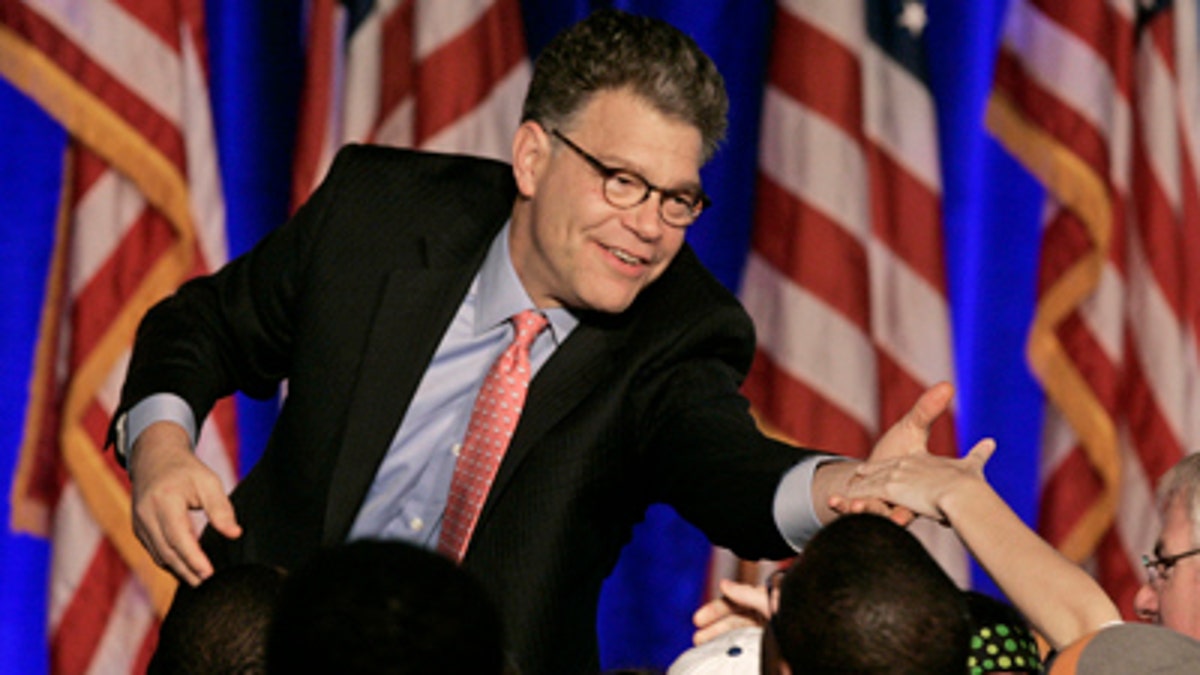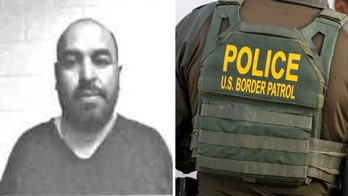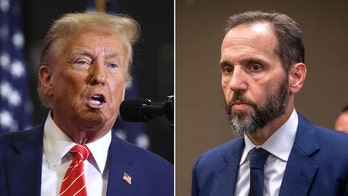
A study finds that at least 341 convicted felons voted illegally in the election that made former "Saturday Night Live" comedian Al Franken a U.S. senator in 2008. (AP)
The group that uncovered evidence of large-scale illegal voting by felons in Minnesota's contested 2008 Senate race says the whole mess might have been prevented if the federal government had just done its job.
The federal government is required under the Civil Rights Act and the Help America Vote Act to make sure that states purge their voter rolls of ineligible voters — the dead, those who have moved, felons, undocumented immigrants, etc. — and to ensure that elections are administered and conducted fairly, said Dan McGrath, executive director of Minnesota Majority.
But the conservative watchdog group's review of Minnesota's voting records found that the government apparently did not fulfill that obligation in the state in 2008, which in turn affected the number of voters whose ballots were counted -- and possibly the outcome of the dead-heat election.
The group's recently published report found that hundreds of felons voted in the election in which Al Franken, a Democrat, beat then-incumbent Republican Sen. Norm Coleman by just 312 votes out of more than 3 million cast -- a margin that was determined after six months of legal challenges and recounts.
The report, using public election records, state felony conviction documents and hand-sorted searches of voting rosters, found “irrefutable evidence” that hundreds of felons voted illegally in the election, and that the number of felons whose votes were wrongly counted exceeded the margin by which Franken beat Coleman.
“If the feds had done their job and ensured that the voting records were up to date, things would have turned out very differently,” McGrath said.
McGrath charged that efforts to get the federal government involved, even after the election, were met with a wall of silence, despite letters and a meeting with the FBI.
“We sent two letters to the United States Justice Department detailing the problem and met with the FBI, and nothing happened,” he said.
Among the early findings submitted to the Department of Justice in the first letter, dated Nov. 17, 2008, were that thousands more votes were cast than voter records supported, and that the registration rolls contained thousands more voters who had died, moved away, were registered at vacant lots or were undocumented aliens. Those charges, sent to the Justice Department in the waning days of the Bush administration, were supported by the former Minnesota Secretary of State, Mary Kiffmeyer, a Republican.
Two months later, "just as the administrations were changing, we met with FBI agent Brian Kinney in our office and he went through the documentation," McGrath continued. "When he left he said he had enough to file a complaint. We never heard from him again.”
A second letter, sent in October 2009 as results of the study began to emerge, also requested a federal investigation, It too was never answered.
E.K. Wilson, spokesman for the FBI in Minnesota, did not respond to calls to his office or cell phone.
McGrath said Minnesota Majority's study hadn’t been able to pinpoint where the problem lay in failing to keep the voting records up to date. He said that there are three groups responsible for the effort. “Courts must notify the secretary of state when someone is convicted of a felony, who then must notify the counties of the conviction, and the county auditors must then update the books. We are not sure where the fault lies,” he said.
“But if the federal government had paid attention, we wouldn’t have to ask that question,” he said.
Minnesota isn’t the only state with deep electoral problems, said Robert Pastor of American University’s Center for Democracy and Election Management. He said the management of elections in the U.S. has become increasingly partisan, especially since the disputed 2000 presidential election.
“We are worse than many Third World countries,” Pastor said. “Having partisan election officials oversee election decisions makes those decisions suspect.”
Minnesota Majority says it does not want the 2008 election overturned, but it wants to make sure the next election is less prone to fraud.




